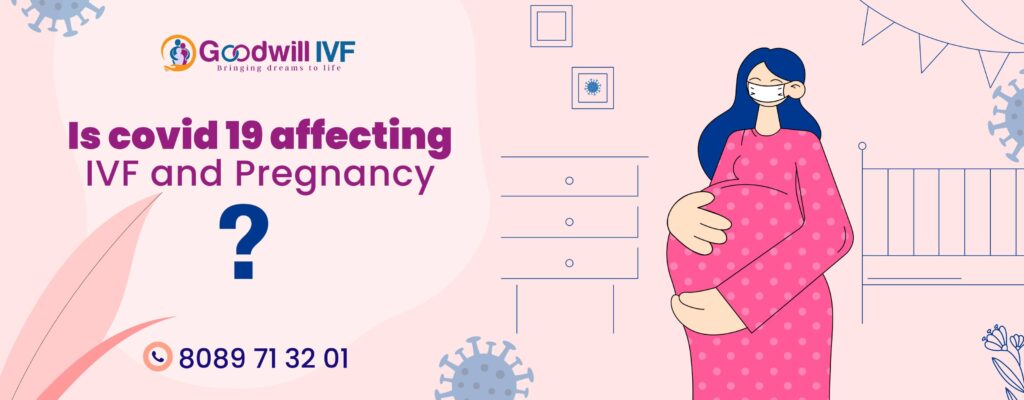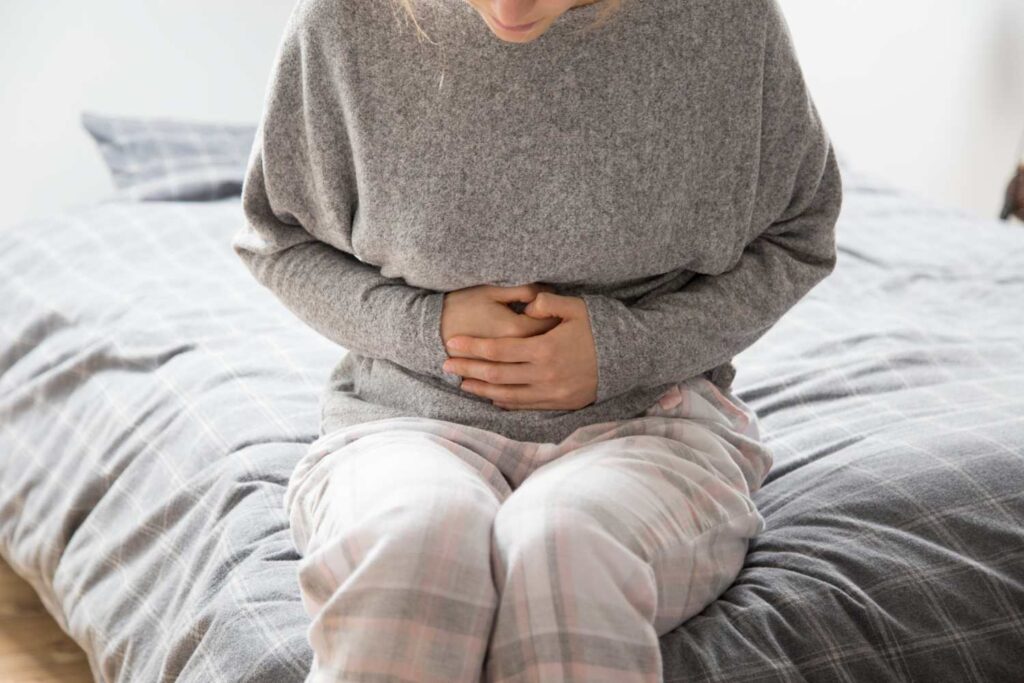Are you the couple longing for a baby for years? Are you finding it hard to conceive? Your lifestyle and nutrition could be the root cause of your hormone-related infertility. Ignoring these factors and sticking to the treatment alone may not provide you with the exact result you are looking for. Integrating a healthy lifestyle and ensuring a rich nutritional diet is the ideal solution for hormone-related infertility.
Hormone imbalance and infertility
Hormones are vital for the body to regulate bodily functions. There are 50+ known hormones in the human body. Any abnormalities in the quantity or quality of these hormones cause hormonal imbalances. Now the question is, how hormonal imbalance affects infertility? So, let’s dig a bit deeper.
There are several hormones responsible for boosting and maintaining fertility. The imbalance of any of these hormones results in infertility. One’s food habits and lifestyle changes play a crucial role in affecting the body’s hormonal imbalance.
Let’s understand the hormones that have a significant effect on female infertility.
- Estrogen: Estrogen is the hormone that influences the release of an egg in each cycle.
- Progesterone: Progesterone is a hormone that helps in maintaining pregnancy. This hormone provides a healthy lining for the uterus to support an embryo.
- Thyroid hormones: The T3-triiodothyronine and T4-thyroxine hormones regulate digestion, metabolic rate, energy production, weight management, and mood-enhancing.
- Testosterone: Testosterone plays a pivotal role in regulating hormones.
- Follicle Stimulating Hormone (FSH): FSH holds a direct connection with fertility. This hormone regulates the menstrual cycle and induces the production of healthy eggs.
- Anti-Mullerian Hormone (AMH): This hormone, produced by the ovaries, acts as a pillar in supporting immature eggs and makes them capable of fertilization.
- Prolactin: This induces breast milk production and aids in a healthy pregnancy.
- Luteinizing Hormone (LH): This hormone signals the release of the matured eggs from the ovaries.
The irregularities in any of these hormones could lead to infertility. Studies show that the consistent observation of the menstruation cycle helps you keep track of hormonal health.
Hormonal imbalance can cause infertility in males, which is getting overlooked. In males, the low levels of testosterone result in:
-Erectile dysfunction
-Discomfort, pain, and inflammation of the testicles
-Low sperm count
Though the signs and symptoms vary from person to person, the final state at which all these imbalances take you is to the point of infertility.
Lifestyle Changes to Consider in hormone-related infertility.
A healthy lifestyle counts here too. Adopting a healthy lifestyle is an excellent move toward increasing your fertility potential.
Some of the best practices to effortlessly adapt for both men and women include:
- Quit Tobacco
Cigarette smoking and the use of tobacco products could adversely affect fertility. It slows down sperm production and lowers sperm count and mobility for men. Women who smoke and use tobacco age their ovaries and deplete the eggs prematurely.
- Avoid Alcohol Consumption
Excessive alcohol intake elevates infertility. In men, fertility issues like low testosterone levels, reduced seminal quality, decrease in sperm count and semen volume, etc., are seen. Chronic alcohol consumption in women causes irregular ovulation or early menopause.
- Limit Caffeine Intake
The females should try to limit the caffeine to 200 mg per day. Consider limiting 1 to 2 cups of coffee a day to regulate hormones.
- Keep Away from Hardcore Exercises
Practicing vigorous physical activities reduces the production of the Progesterone hormone and inhibits ovulation. If you have a high BMI, stick to lighter exercises by increasing the time of your practice, or by limiting the intense exercises to a lesser time.
- Environmental Risks
Evidence states that prolonged exposure to chemicals, high temperatures, radiation, mental stress, environmental pollution, pesticides, and toxins lead to infertility both in males and females.
Nutrition Rich Diet for hormone-related infertility
Healing imbalances and boosting fertility can indeed be attained by eating a balanced diet with vital nutrients. Give yourself a great start with the whole foods diet that includes fresh fruits, veggies, and balanced meals rich in vitamins, proteins, complex carbohydrates, and healthy fats. The primary point to be noted is that while using the fruits and veggies, ensure to clean them thoroughly and wash out the pesticides used if any. Recent studies have shown that pesticides disrupt the body’s natural hormone balance, causing infertility.
Say no to processed foods and added sugars. In junk food eaters, the fertility rate is low, making them wholly inept at conceiving.
The best foods that help in balancing hormones include:
-Leafy greens: Leafy greens contain vitamin E, folic acid, calcium, nutrients, and magnesium. This helps regulate the menstrual cycle and the healthy development of the fetal spinal cord and brain.
-Buckwheat: The d-chiro-inositol in buckwheat balance the blood sugar levels by eliminating excess testosterone from the body.
-Bee pollen and honey: These help in reproductive health by enhancing the quality of the egg, supporting ovarian function, longevity, and anti-aging.
-Sunflower seeds: Sunflower seeds rich in zinc promote the balancing of Progesterone and estrogen hormones.
-Omega-3: Salmon, chia seeds, walnuts, oysters, and flaxseed, are good sources of Omega-3 fatty acids, lower inflammation, and regulate blood flow to the uterus, vagina, and ovaries.
-Cinnamon: Cinnamon improves ovulation and balances blood sugar levels.
-Turmeric: Consuming turmeric by any means eliminates stagnant blood from the uterus and other reproductive organs.
-Vitamin D: Improving fertility and aiding in a healthy pregnancy; Vitamin D is essential for female reproduction. For healthy pregnancy outcomes, try to include fortified breakfast cereals, cheese, egg yolks, and margarine rich in Vitamin D.
A healthy lifestyle and a nutrition-rich diet, along with expert advice, definitely pay the way toward healthy conceiving.
Best infertility hospitals can help you regulate your diet and lifestyle, considering your body’s current health status. Goodwill IVF Treatment Center is one of the best IVF centers in Kerala that has an incredible team of fertility experts dedicated to restoring your fertility. The trustworthy service and result-oriented treatment bring off your dream of parenthood.


